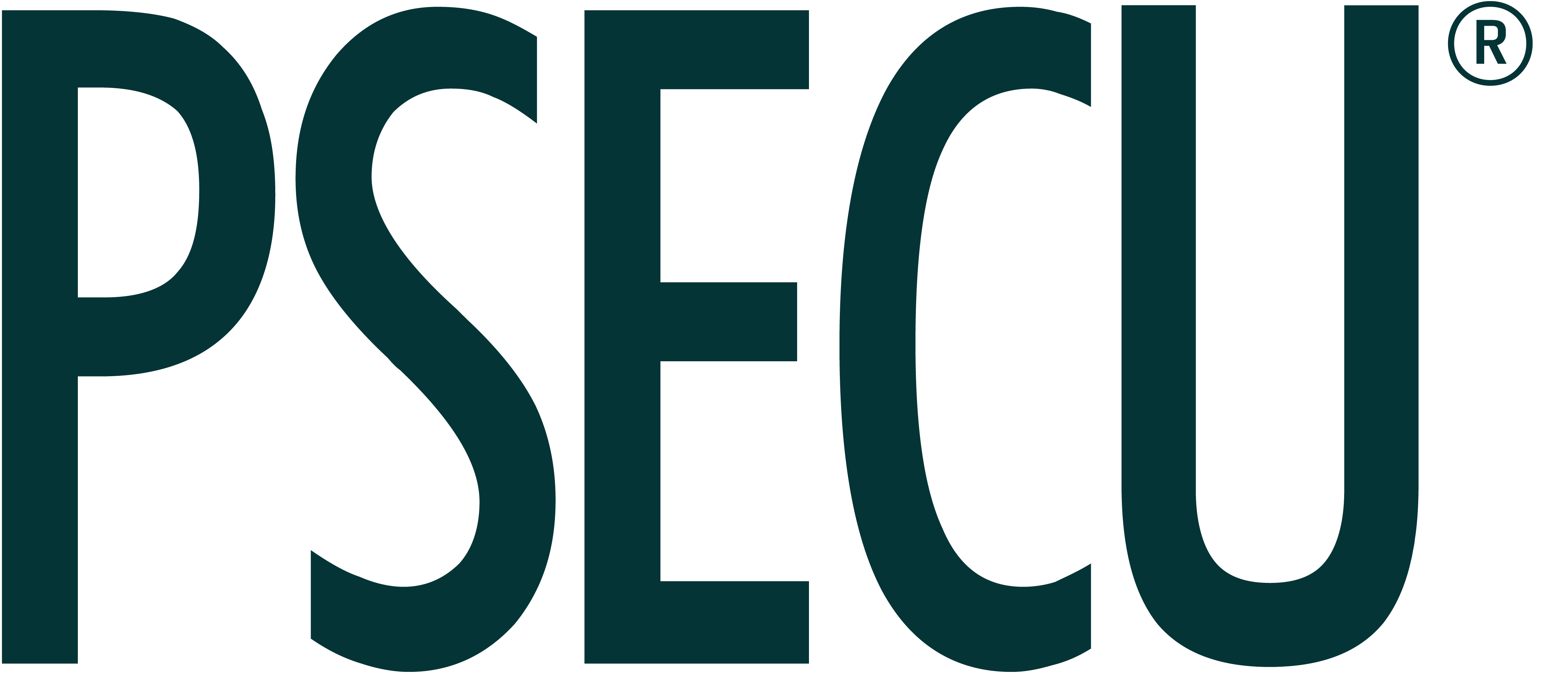People make health-related New Year’s resolutions every year, such as losing weight or working out more. This year, why not consider prioritizing your financial health as one of your resolutions?
Increasing your savings, looking ahead to big investments that will pay off down the road, and finally paying off a student loan can all help grow your bottom line. Having focused, specific goals is the best way to achieve this. Here are five financial New Year’s resolution ideas to help you reach your goals.
1. Set a Target for Your IRA Savings
Individual Retirement Accounts, or IRAs, allow you to save for the future. Unlike 401Ks, they are not tied to your employer. Take these steps to meet your goals:
- If you don’t have an IRA, you can open one and begin contributing right away.
- If you have an IRA already, think about how much you can contribute in a year. Check the IRS website for current limits.
- Calculate the maximum contribution you can make without compromising your current financial status and look into automatically drafting that money into your IRA from your bank account each month so that you won’t forget.
2. Start Saving for Your Child’s Future Education
Did you just have a baby? No matter how far off the college years seem, it’s never too early to start planning financially for post-secondary education.
Coverdell Educational Savings Accounts allow you to save for your child’s qualified school expenses, such as tuition, books, and related supplies. Take these steps to start saving:
- After you open your account, tell your family about it and encourage them to contribute, too.
- Consider simple budget tweaks. Stop getting your daily coffee from the fancy coffee shop near work. Pack your own in a mug from home and put the money you would have otherwise spent on the coffee in the account.
- Coordinate efforts with other family members who may be saving for your child to make sure you stay within the $2,000 per child, per year limit for contributions.
3. Put Money Away for a Down Payment on a House
Buying a home is a goal for many people. Before you make the leap, it’s important to save enough money for not only a down payment but also closing, moving, and other costs so you don’t find yourself in a financial bind.
Save money for the down payment on your new mortgage by:
- Knowing what you can afford. You’ll need at least 20% of the home value for a down payment to be exempt from private mortgage insurance. Start by researching what monthly mortgage costs will be (don’t forget to include homeowner's insurance and taxes) based on current interest rates and determine how much home you can afford.
- Setting up an automatic transfer each month from your checking account to your savings account. This way, you won’t forget to save money.
- Putting bonuses, tax refunds, and any other unexpected windfalls toward your down payment savings.
4. Pay Off Your Student Loans
People spend decades paying off their student loans. The sooner you can get rid of yours, the more money you’ll have available to put toward other savings goals. Try these strategies:
- Look into refinancing the loans at a lower rate so that you can put more money toward the principal of the loan.
- Use extra money, such as cash rewards from a credit card, to make extra payments on your student loans.
- Research your consolidation options to determine if you can lower your interest rate and save money.
5. Plump Up Your Emergency Fund
You never know when an emergency will strike, and you owe it to yourself and your family to be prepared. Knowing that you can cover your expenses even during an emergency will give you peace of mind, not to mention help you with any unexpected expenses that come with it, such as hospital visits. Save money by:
- Treating your emergency fund as a bill you have to pay. Put a monthly budget in place that includes paying yourself first so you have a constant reminder that an emergency fund is a priority.
- Looking into a savings share with a low fee and high yield to put your money to work for you even as you try to save more. A money market share, for instance, might reap you more rewards over time. Certificates are another savings option.
- Redirecting funds, if you paid off a loan or credit card, to a savings account specifically earmarked for emergencies.
Keeping a New Year’s resolution to improve your finances can be an achievable and even enjoyable goal. You will stay motivated when you look at your expanding savings and dwindling debt. Be sure to check in at the beginning of each month to ensure you stay on track all year long with this resolution. For more money management tips, check out our Resource Center.
The content provided in this publication is for informational purposes only. Nothing stated is to be construed as financial or legal advice. Some products not offered by PSECU. PSECU does not endorse any third parties, including, but not limited to, referenced individuals, companies, organizations, products, blogs, or websites. PSECU does not warrant any advice provided by third parties. PSECU does not guarantee the accuracy or completeness of the information provided by third parties. PSECU recommends that you seek the advice of a qualified financial, tax, legal, or other professional if you have questions.

